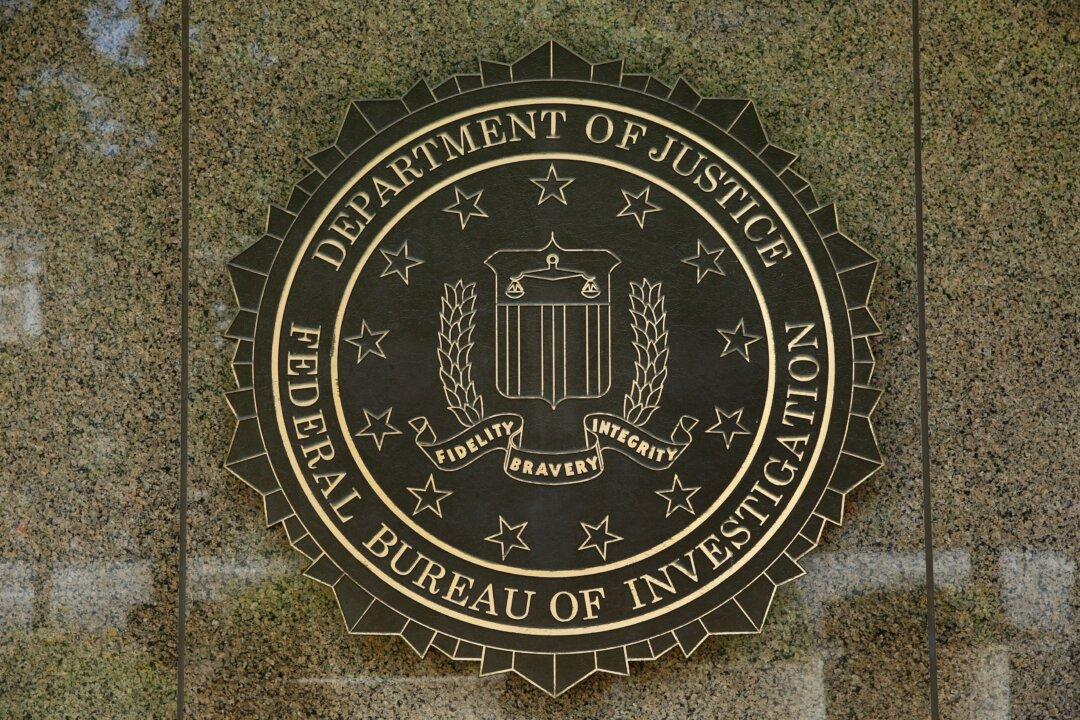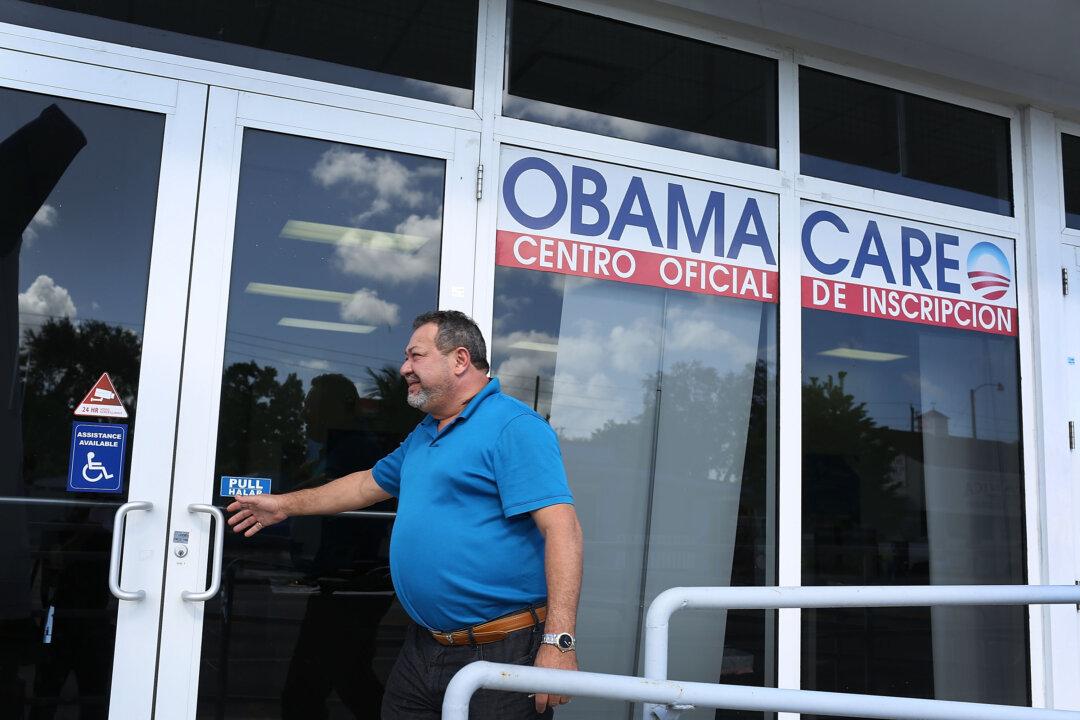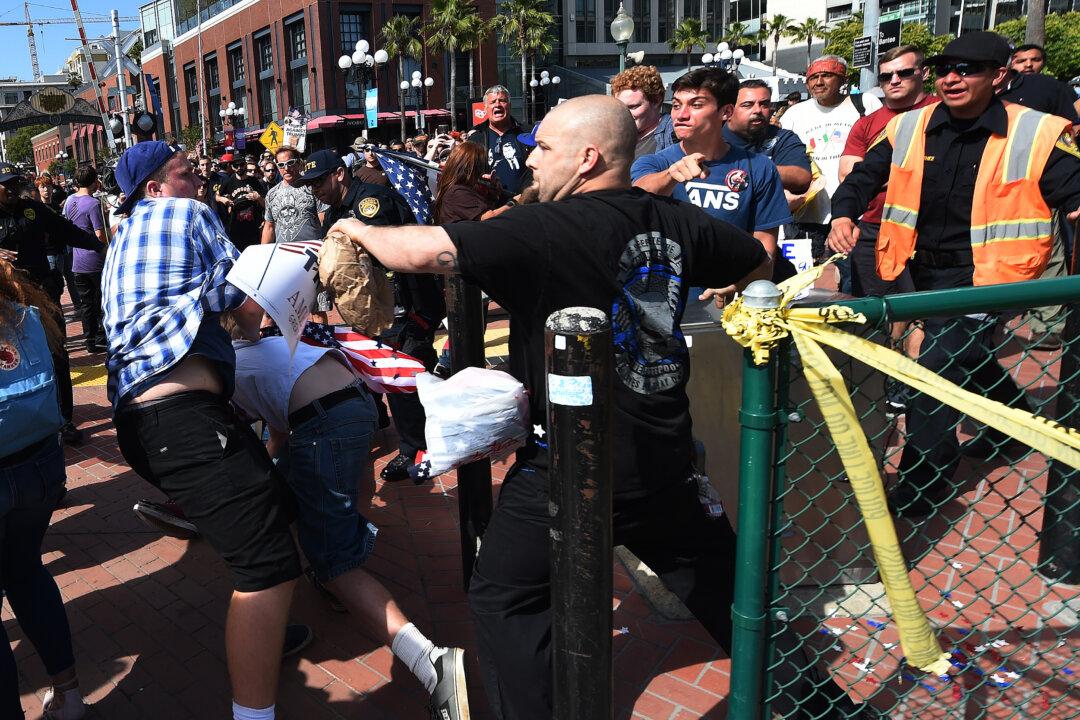The FBI will take the lead in initial threat responses to cyberattacks on U.S. organizations and businesses, the Obama administration announced on Tuesday.
Cyber actors have become “increasingly diverse and dangerous,” said Lisa Monaco, homeland security adviser to President Obama.
Countries like Russia and China are becoming “more assertive and sophisticated in their cyber operations,” Monaco said at the International Conference on Cyber Security in New York on Tuesday.
Iran has launched attacks on American banks, and North Korea has shown its potential of carrying out acts against nations and companies, she said. ISIS and “hacktivists” also pose a threat to U.S. cybersecurity.
“To put it bluntly, we are in the midst of a revolution of the cyber threat—one that is growing more persistent, more diverse, more frequent and more dangerous every day,” Monaco said at the conference.
“Unless we act together—government, industry, and citizens—we risk a world where malicious cyber activity could threaten our security and prosperity. That is not a future we should accept,” Monaco said.
The FBI will play the key role in coordinating responses to cyber threats—including collection of evidence and gathering intelligence—to attributing attacks and taking legal action against perpetrators.
The Department of Homeland Security (DHS) will work with the FBI, as well as the Office of the Director of National Intelligence, through the Cyber Threat Intelligence Integration Center (CTIIC).
The President has made our nation’s #cybersecurity a top priority. Today’s Policy Directive shows it. Get the facts: https://t.co/IUO0o3BSiM
— WH National Security (@NSC44) July 26, 2016
The DHS will take over when it comes to coordinating help for organizations under cyber attacks, and will provide technical assistance for businesses recovering from a significant incident.
Meanwhile, CTIIC will be responsible for integrating intelligence and analysis on cyber threats in an effort to mitigate and disrupt them.
“This directive establishes a clear framework to coordinate the government’s response to such incidents. It spells out which federal agencies are responsible,” Monaco said.
“And it will help answer a question heard too often from corporations and citizens alike: ‘In the wake of an attack, who do I call for help?’”




